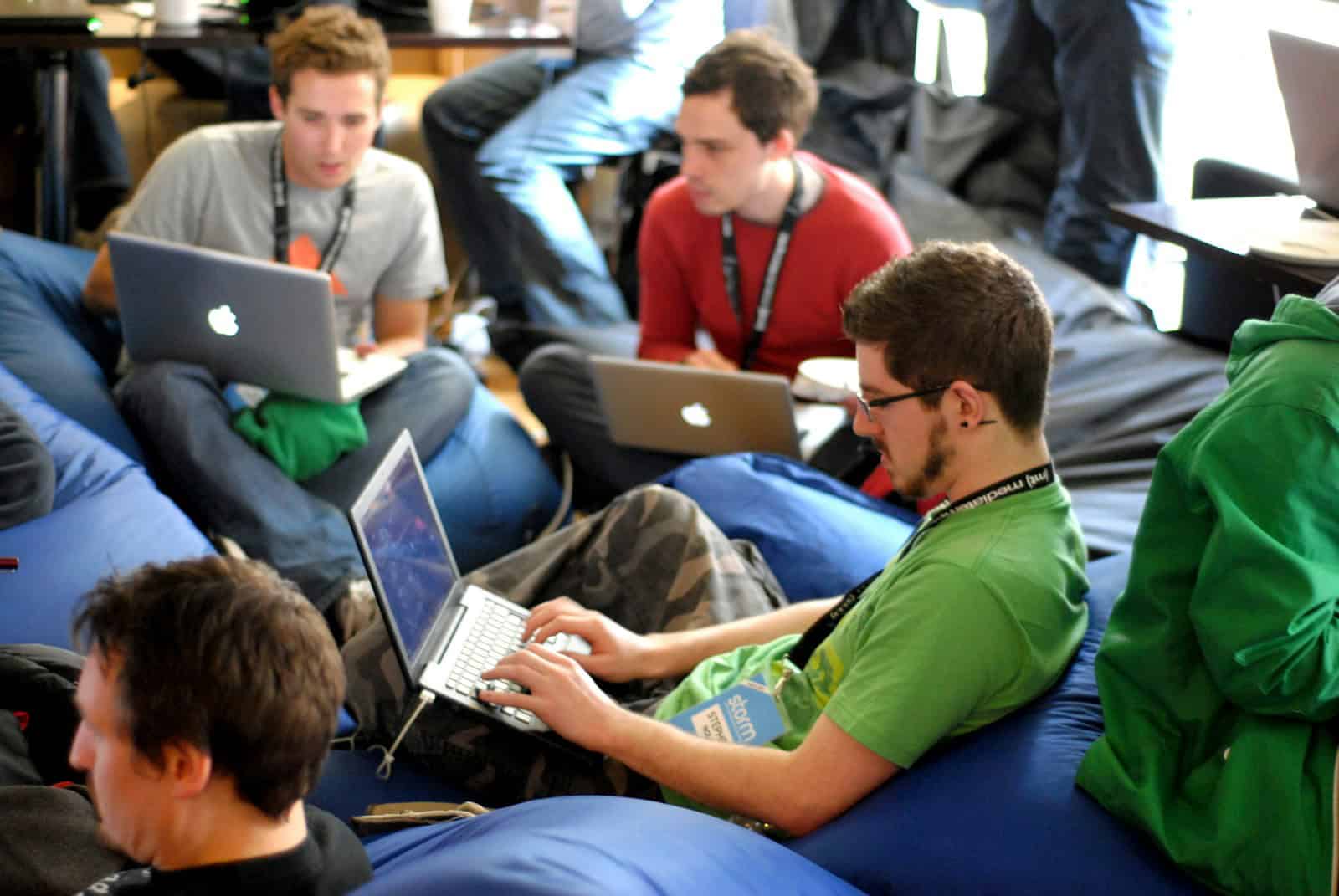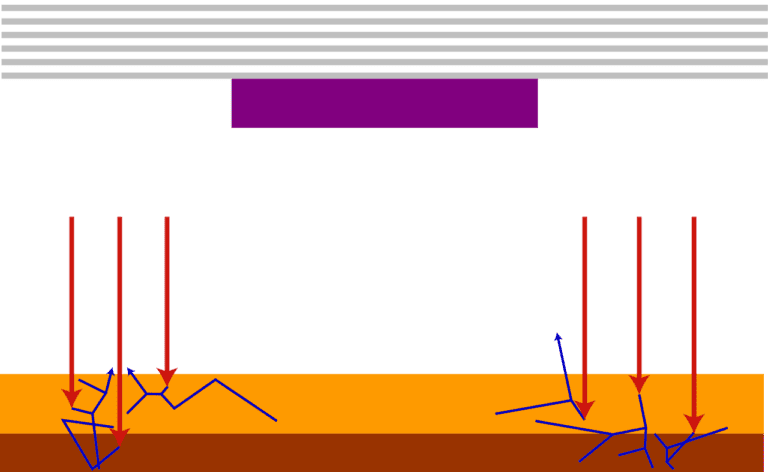A computer geek is someone with deep knowledge and strong interest in computers, technology, and how they work. They understand hardware, software, and systems far beyond basic use, often building, repairing, or programming for work or as a hobby. This expertise comes from curiosity, practice, and a drive to solve problems.
The term once carried a negative tone, but many now use it with pride. Computer geeks often enjoy exploring operating systems, coding, networking, and troubleshooting. They may work in IT, software development, or cybersecurity, but they also apply their skills in personal projects and experiments.
Their passion shapes how they interact with technology. They don’t just use computers—they want to know why and how they work. This mindset fuels innovation and keeps them learning as technology changes.
What Is a Computer Geek?
A computer geek is someone with a deep passion, enthusiasm, and skill for computers, technology, and computing culture. While the term “geek” was once used as an insult, it has evolved into a badge of pride for many tech enthusiasts who enjoy exploring, experimenting, and mastering all things digital.

1. Origin of the Term
- Early meaning: “Geek” originally referred to eccentric or socially awkward individuals.
- Tech culture adoption: In the late 20th century, computer enthusiasts embraced the term, using it to describe people with exceptional technical knowledge and curiosity.
- Modern usage: Today, calling someone a “computer geek” is often a compliment, implying expertise and dedication.
2. Characteristics of a Computer Geek
A computer geek typically:
- Has strong technical skills — from hardware assembly to software coding.
- Enjoys problem-solving — fixing bugs, troubleshooting systems, and optimizing performance.
- Keeps up with tech trends — always learning about new gadgets, programming languages, and innovations.
- Spends free time on tech projects — building PCs, experimenting with operating systems, or exploring cybersecurity.
- Has a curious mindset — wanting to understand how technology works at a deep level.
3. Common Interests of Computer Geeks
- Building and upgrading computers
- Learning programming languages
- Exploring operating systems (Windows, Linux, macOS)
- Gaming and game development
- Networking and cybersecurity
- Open-source software contributions
4. How to Become a Computer Geek
If you want to develop the skills and mindset of a computer geek:
- Learn the basics — Understand hardware components, operating systems, and software.
- Experiment — Build a PC, install Linux, or try coding small programs.
- Stay updated — Follow tech news, read forums, and watch tutorials.
- Join communities — Participate in online groups, hackathons, or local tech meetups.
- Practice daily — The more you work with computers, the more skilled you become.
5. Difference Between a Computer Geek and a Computer Nerd
- Geek: Passionate about technology and often skilled in practical applications.
- Nerd: More academically focused, with deep theoretical knowledge (though the terms often overlap).
✅ In short: A computer geek is a tech enthusiast who combines curiosity, skill, and passion to explore and master the digital world — and proudly wears the title.
Are You a Computer Geek? – Self-Test Checklist
Check all the boxes that apply to you:
Tech Skills & Knowledge
- I know the difference between RAM and storage.
- I can build or upgrade a computer myself.
- I’ve tried installing or dual-booting an operating system.
- I can troubleshoot common PC problems without calling tech support.
- I know at least one programming language.
Habits & Lifestyle
- I spend more time on my computer than watching TV.
- I get excited about new hardware releases or software updates.
- I enjoy reading tech blogs, forums, or watching tech YouTube channels.
- I’ve stayed up late to fix a computer issue or finish a coding project.
- I have more than one computer (or a mix of laptops, desktops, and servers) at home.
Mindset & Passion
- I’m curious about how technology works under the hood.
- I enjoy helping others solve their computer problems.
- I’ve experimented with overclocking, modding, or custom setups.
- I get a sense of satisfaction from optimizing systems or making them run faster.
- I’ve attended a tech meetup, hackathon, or gaming LAN party.
Your Score
- 0–5: You’re tech-curious — keep exploring!
- 6–10: You’re well on your way to being a computer geek.
- 11–15: Congratulations, you’re a full-fledged computer geek!
Key Takeaways
- A computer geek has advanced knowledge and interest in computers and technology
- The term now often reflects skill and passion rather than a stereotype
- Curiosity and problem-solving drive their learning and expertise
Frequently Asked Questions
Computer geeks often combine deep technical skills with a strong interest in how systems work. They can support individuals and businesses by solving hardware, software, and network problems, while also offering guidance on technology use and maintenance. Their roles, skills, and public image have shifted over time as technology has become central to daily life.
What are the characteristics of a computer geek?
A computer geek has strong technical knowledge in areas such as programming, networking, or hardware.
They enjoy learning new tools and systems and often experiment with different technologies.
They tend to troubleshoot problems on their own and share solutions with others.
Where can I find a reputable computer geek for tech support?
Many work as independent contractors or through local repair shops.
Online freelance platforms and community tech forums can also connect people with experienced geeks.
Some companies employ them as part of in-house IT teams.
What services does a typical computer geek offer?
They install and configure hardware and software.
They remove malware, recover data, and optimize system performance.
They may also set up networks, servers, or custom-built computers.
How does ‘geek’ differ from ‘nerd’ in the context of technology enthusiasts?
A geek focuses on passion for a specific subject, often collecting knowledge or tools related to it.
A nerd focuses more on academic or technical achievement and skill mastery.
In technology, geeks may follow the latest trends, while nerds may focus on theory or deep problem-solving.
What are some common tasks that a computer geek can handle?
They can upgrade components like RAM or storage drives.
They configure operating systems and install drivers.
They troubleshoot network connectivity and resolve software errors.
How has the perception of computer geeks changed in the tech industry over time?
The term once carried a negative stereotype of poor social skills.
Today, it often signals valuable expertise and problem-solving ability.
As technology use has grown, their skills have become essential in both personal and professional settings.







